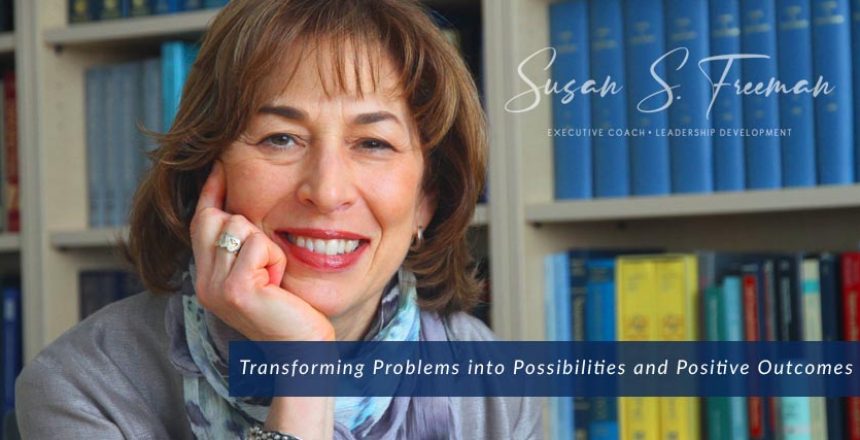According to Wikipedia, connection is “a relationship in which a person, thing, or idea is linked or associated with something else.” This directly relates to a fundamental leadership skill: the ability to connect.
Everything a leader does, requires connection. Vision, strategy and execution require connection. Getting things done through people requires connection.
Leaders are able to lead when they can connect to a vision and inspire others to act in service of it.
 Yet connecting to vision is just the beginning. For a leader to inspire others towards action, there must also be a human connection. Leaders who inspire large scale change demonstrate the ability to connect with people on multiple levels; intellectual, social, spiritual and emotional.
Yet connecting to vision is just the beginning. For a leader to inspire others towards action, there must also be a human connection. Leaders who inspire large scale change demonstrate the ability to connect with people on multiple levels; intellectual, social, spiritual and emotional.
Connection with others is the springboard for co-creating results. Leaders who fail to connect rely on a directive, authoritative style to drive results. Although this can produce short-term actions, it strips desire, drive and creativity from the process. People don’t like being told what to do; they like being invited to share what they think, imagine and care about. Connection is the force to access that spark in others.
According to an article on Leadership and Connection by Michel Lee Stallard, Howard Schulz, CEO of Starbucks, had a legendary ability to connect to his people. He was able to connect at the heart level; including “ways that produce the character strengths of love, kindness, compassion, gentleness and empathy. A leader whose character is missing these strengths may have power over others, but will never lead from influence that moves people to give their best efforts and align their behavior with the leader’s goals. This truth is expressed in sayings such as you have to “earn the right to be heard” and “people don’t care what you know until they know that you care.”
“Research has shown that 75 percent of employees in America today are not engaged at work. They show up for the paycheck but don’t give their best efforts. Part of this is because they don’t feel connected to their leaders. From where they sit, their leaders appear heartless and could care less about them. That’s why cultivating the hearts of leaders is especially important to getting America back on the right track.”
How do leaders accomplish this when there is so much more to do in a day than there is time to do it?
For connection to be effective it can’t be feigned or faked.
 We know when someone pretends to care about what we think and feel. A recent Harvard Business Review post by Scott Edinger cites three key ways leaders can create connection:
We know when someone pretends to care about what we think and feel. A recent Harvard Business Review post by Scott Edinger cites three key ways leaders can create connection:
-
Giving people your undivided attention,
-
Be aware that your emotions are contagious, and
-
Develop your sense of extraversion by developing the ability to reach out and engage with others.
Although I think these are valid ways for leaders to create connection, I think there is something equally important yet often ignored. I believe the way to create connection with others rests with our ability to connect within ourselves. Leaders are responsible for awareness of their internal states of mind, as well as emotion and mood. “People will forget what you said to them, but they will never forget how you made them feel.”
Leaders should aim to develop their capacity for self-awareness.
Learn to identify your internal states. Consider meditation and writing as two possible avenues for exploration. Explore areas where your connections feel easy and natural; invite curiosity about areas where your connections are strained and arduous.
Awareness is the first step towards being able to see where your connections are working and where they are not. Commit to consciously working on just one connection by starting with yourself.

